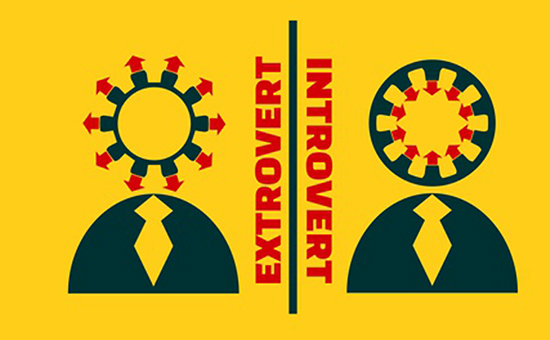“Introversion versus extroversion is all about where you get energy, not how social you are, which is often confused," says Todd Hall, professor of psychology at Biola University. So the people who fall in the middle are not easily categorised as an introvert or an extrovert, and researchers now have defined the ‘special breed’ of ambiverts, who are a bit of both.
“If you are energised by intimate conversations, writing, solitude, focusing deeply on a topic without interruption, and working on your own, but you’re also energised by large groups, working with others, processing by talking through things, staying busy, and multitasking, you’re most likely an ambivert,” says Hall.
Knowing your personality style is an advantage at work and in life. Successful executives have successfully learned to integrate the parts of their personalities. The key is self-awareness. Successful people change gear, when they feel their energy draining. They do something that will restore their well-being.
Ambiverts make some of the strongest salespeople, says Adam Grant, professor of management at the Wharton School at the University of Pennsylvania. They achieve greater sales productivity than extroverts or introverts do, he writes. “Because they naturally engage in a flexible pattern of talking and listening, ambiverts are likely to express sufficient assertiveness and enthusiasm to persuade and close a sale, but are more inclined to listen to customers’ interests and less vulnerable to appearing too excited or overconfident."
Find full report here:
Forget Introverts Versus Extroverts, Ambiverts Might Have An Edge In Business

